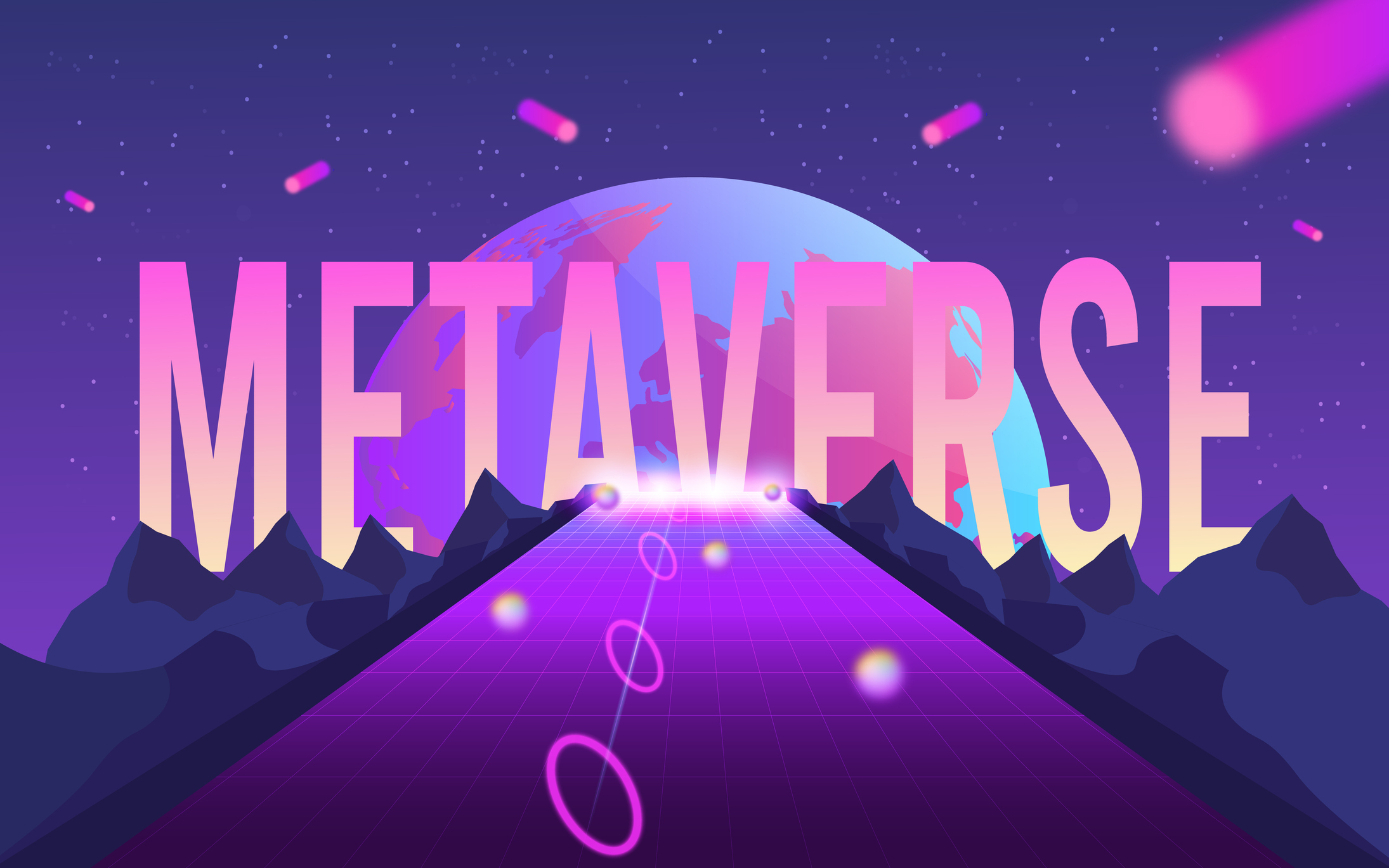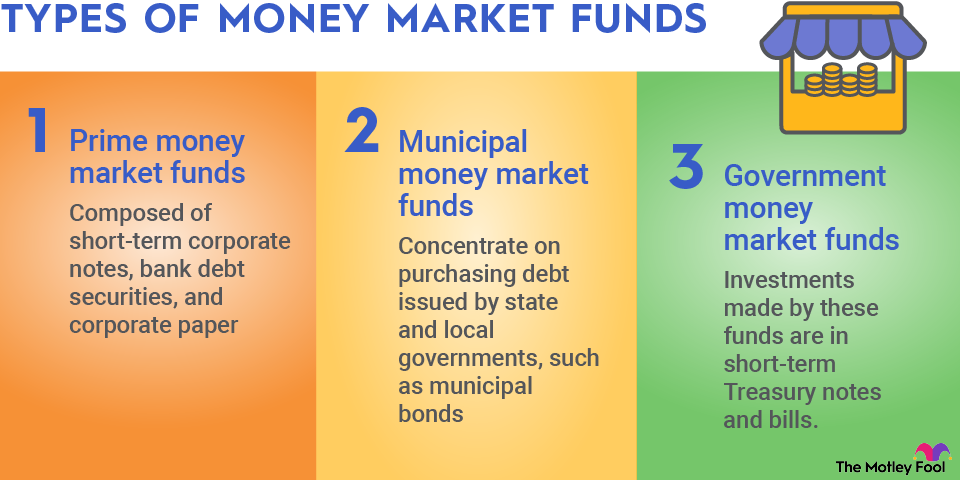The term "metaverse" has been around for decades and was coined by author Neal Stephenson in his 1992 sci-fi novel Snow Crash. But the metaverse has gone viral lately, helped along by Mark Zuckerberg's decision to rebrand Facebook as Meta (META -1.64%). Since then, metaverse has become a buzzword, frequently invoked by the media to get article clicks, capture eyeballs, and use as a platform to discuss cool tech stocks.
But what exactly is the metaverse? Are we all doomed to live in it one day? And is it really worth all the hype?

What is the metaverse?
Broadly speaking, the metaverse is defined as a virtual world, or an extension of the physical world using computing technology.
In Stephenson's Snow Crash and other works of fiction, such as Ernest Cline's Ready Player One (adapted into the 2018 Stephen Spielberg film of the same name), the metaverse is accessed using virtual reality (VR) headsets. Basically, they are an advanced computer that immerses a user in the experience rather than presenting it on a traditional computer, smartphone, or monitor.
In other words, rather than simply viewing something (a live broadcast, webpage, work document, etc.) on a display, the metaverse is imagined as allowing us to be a more direct participant in a virtual experience.
A person's presence in virtual worlds is represented by an avatar that can interact with the virtual world and other people in it. According to Zuckerberg in an interview on the Lex Friedman podcast, "... one definition of this is [the metaverse] is about a time when immersive digital worlds become the primary way that we live our lives and spend our time."
Parts of the metaverse
Does that mean the metaverse won't exist until we are all trapped inside this virtual fantasy realm? Not exactly. By some definitions, the metaverse doesn't have to be accessed using VR. Three-dimensional worlds are already in existence today and can be used without VR. While some might argue they aren't immersive enough (meaning it should feel like we are in the virtual space rather than just looking at it on a two-dimensional screen) to be called part of "the metaverse," early versions of this ambiguous tech term are here.
As for how the metaverse is used, here are three broad cases.
1. Video games
An early use for the metaverse is in the video game industry. Think popular video games such as Microsoft's (MSFT -0.15%) Minecraft, Epic Games' international hit Fortnite, or the online game and creation platform for kids Roblox (RBLX -5.50%).
Although most people still play video games using a traditional device like a computer, smartphone, or gaming console, all the components for an immersive experience are there in some games: A customizable avatar representing the player is made, the virtual world can be interacted with by the player, there's a social component with other players, and an economy exists in which digital goods can be bought and sold.
As for the digital economy component, goods can be purchased with physical money such as dollars, with currency developed specifically for the game (such as Robux in the Roblox platform), or even with cryptocurrencies (some blockchain projects are even selling virtual real estate in the form of NFTs). This concept of the economy being extended into a virtual world (or onto the internet itself) was a primary reason some cryptocurrencies like Bitcoin (BTC -2.38%) were developed.
Most of today's games are rudimentary in comparison with how some envision the future of the metaverse economy, but this digital exchange of virtual products using digital currency within a video game provides a general idea of how it might work.
Related topics
What the metaverse means for you
Just like the internet isn't a singular thing (it's made up of countless websites and applications and cloud services), the metaverse isn't being built by one lone company. Even Meta, which has laid claim to the whole technology concept with its name change, says on its website that "the metaverse isn't a single product one company can build alone."
That's why so many companies have started talking about the metaverse, or building a part of what could eventually become the metaverse. The internet has become a pervasive part of everyday life, so the metaverse could simply become an extension of it. Rather than thinking about the metaverse as some grand plan to trap us in dystopian use of technology, many companies envision use of the internet and computing technology that is more meaningful and natural. In fact, the metaverse is already generating revenue for some companies such as Meta, Nvidia, Roblox, and 3D development platforms like Unity Software (U -0.90%).
Of course, there are problems that will need to be solved. Security and trust are a top concern; how will people be able to verify that an avatar they're interacting with in the metaverse is truly who they claim to be? However, as Zuckerberg and other metaverse proponents point out, many of the issues that arise with immersive virtual worlds are innately human problems that predate the internet and even computing technology.
The question now is, when will the metaverse happen? The answer will be different for each of us and depends on if and when use of an immersive 3D space -- perhaps using a virtual or augmented reality headset or glasses -- becomes better than a traditional computer, smartphone, TV, etc. But, without a doubt, early forms of the metaverse are already in development and being used by some early adopters of technology.


















